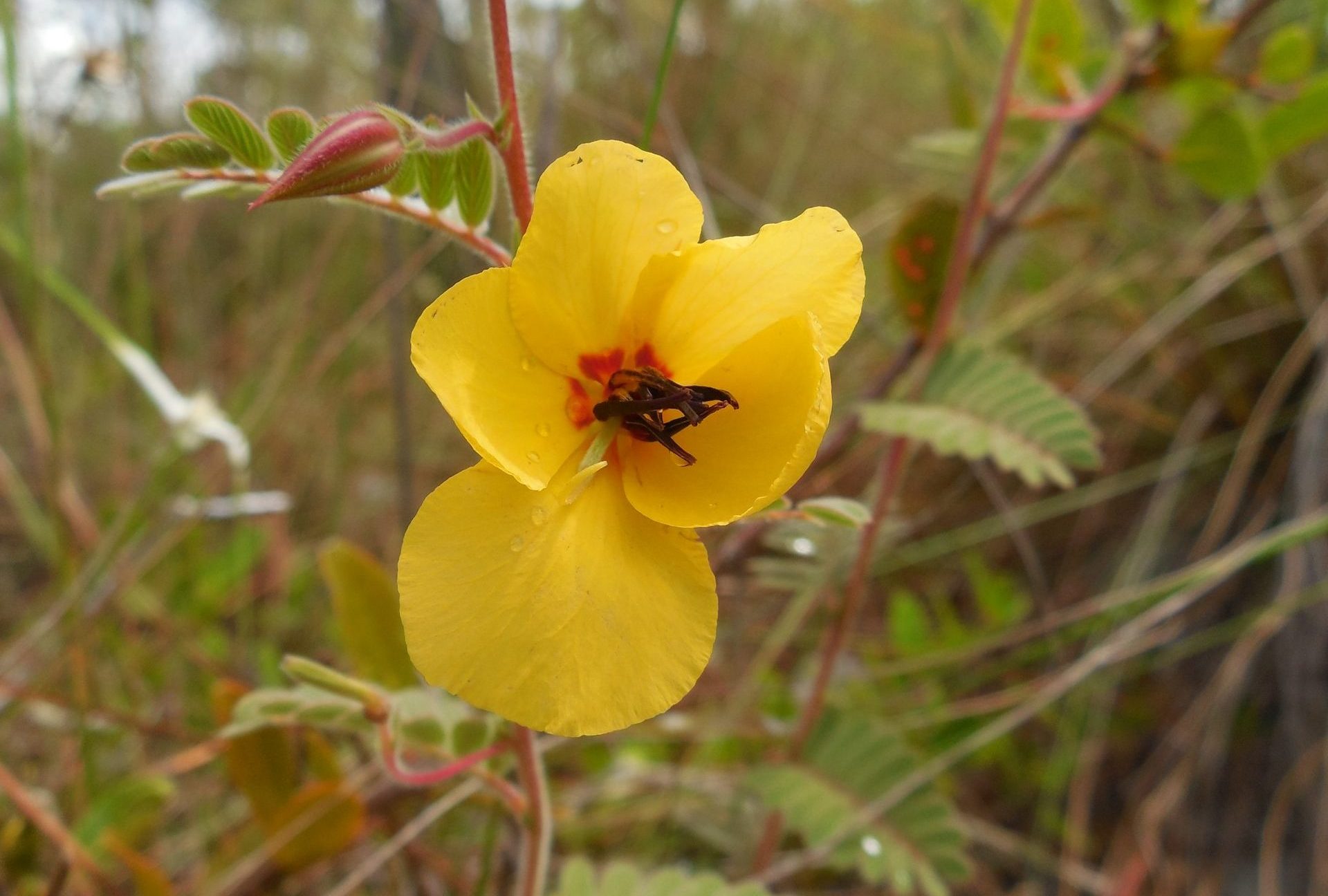As Seen on CPC’s Rare Plant Academy: Raising Peas in Rising Seas: How an increase in soil salinity affects seed germination and seedling survival of the Keys partridge pea
The Florida Keys, like other low-lying islands, are especially threatened by sea level rise. For island endemic species like the Keys partridge pea (Chamaecrista lineata var. keyensis), this threat could be catastrophic. The only known remaining populations of the Keys partridge pea are found within the imperiled pine rockland habitat on two islands of the Florida Keys. As a consequence of sea level rise, soil salinity levels are anticipated to rise as well, first in areas closer to the coast and eventually further inland. More frequent and higher storm surges are also predicted, which will temporarily inundate parts of the islands in saltwater.

In this video, recorded during the 2020 CPC National Meeting for the Rare Plant Academy, Sabine Wintergerst discusses research at Fairchild Tropical Botanic Garden aimed at discovering how sea level rise and subsequent soil salinity increase affect seed germination and seedling establishment. Results show that seedlings are especially threatened by storm surges, but further research is needed to investigate how well seeds and seedlings can recover as soil salinity is alleviated by precipitation. Knowing how these critical life stages of the Keys partridge pea are affected by an increase in salinity can inform the future population trajectory and help with management and restoration planning. Watch this talk and check out the Rare Plant Academy Video Library to watch many more videos and presentations about island species!